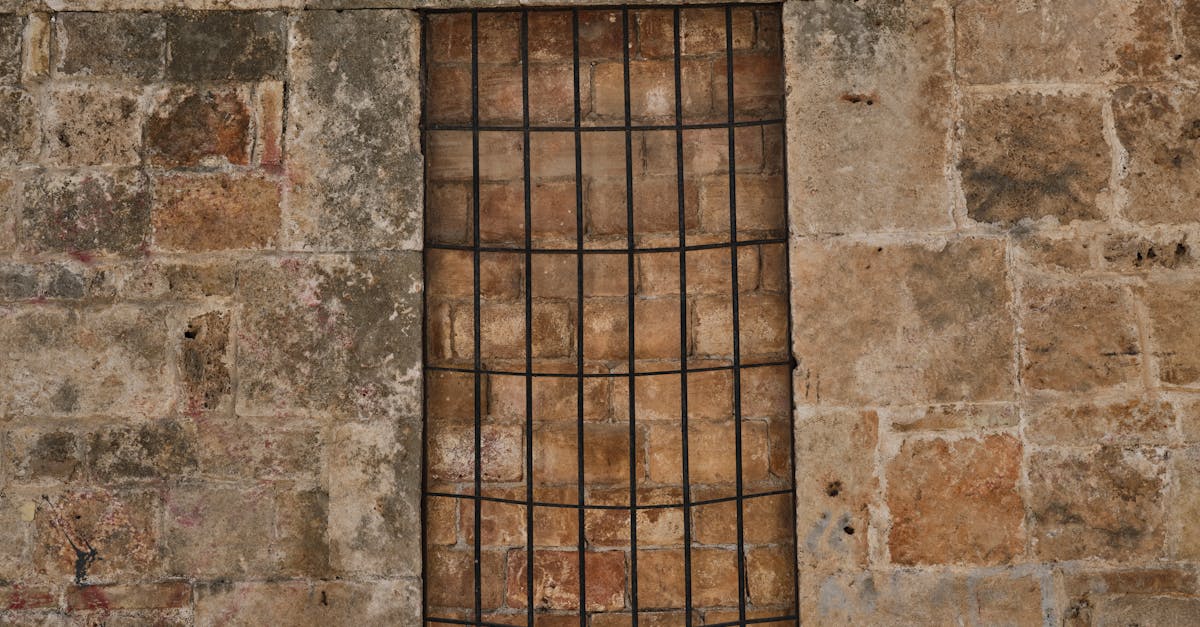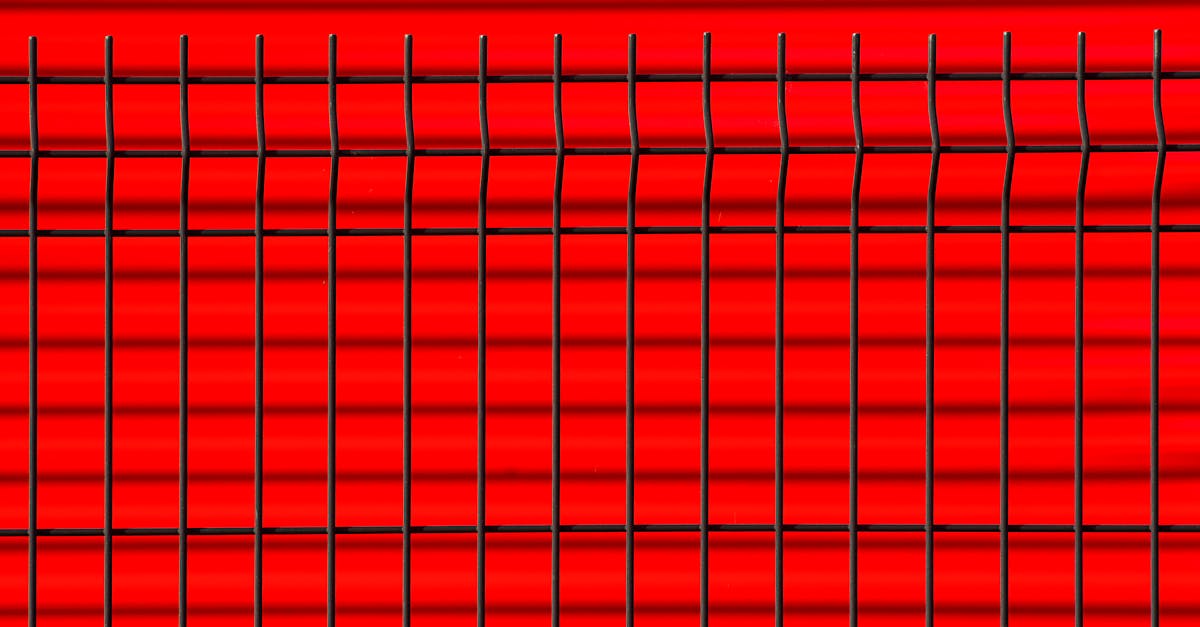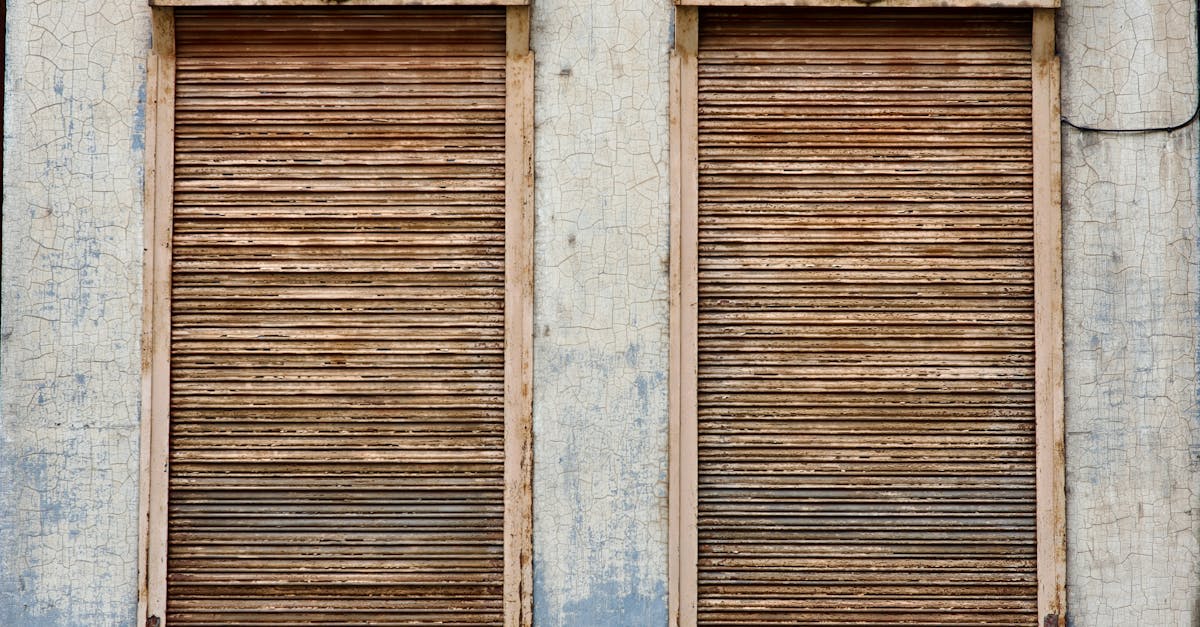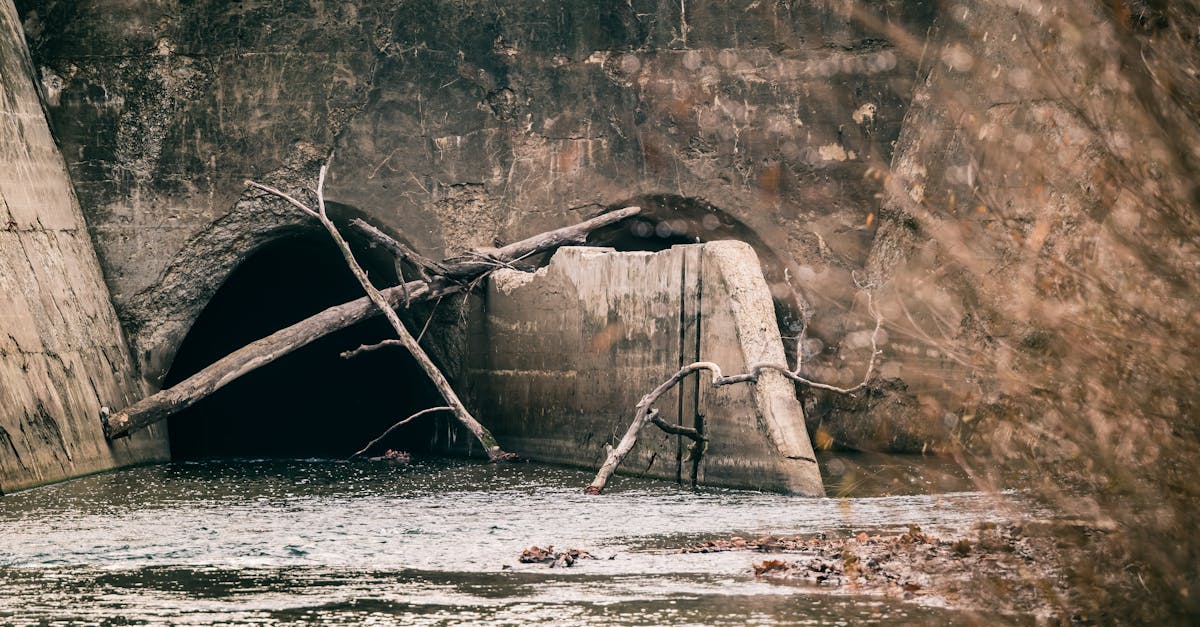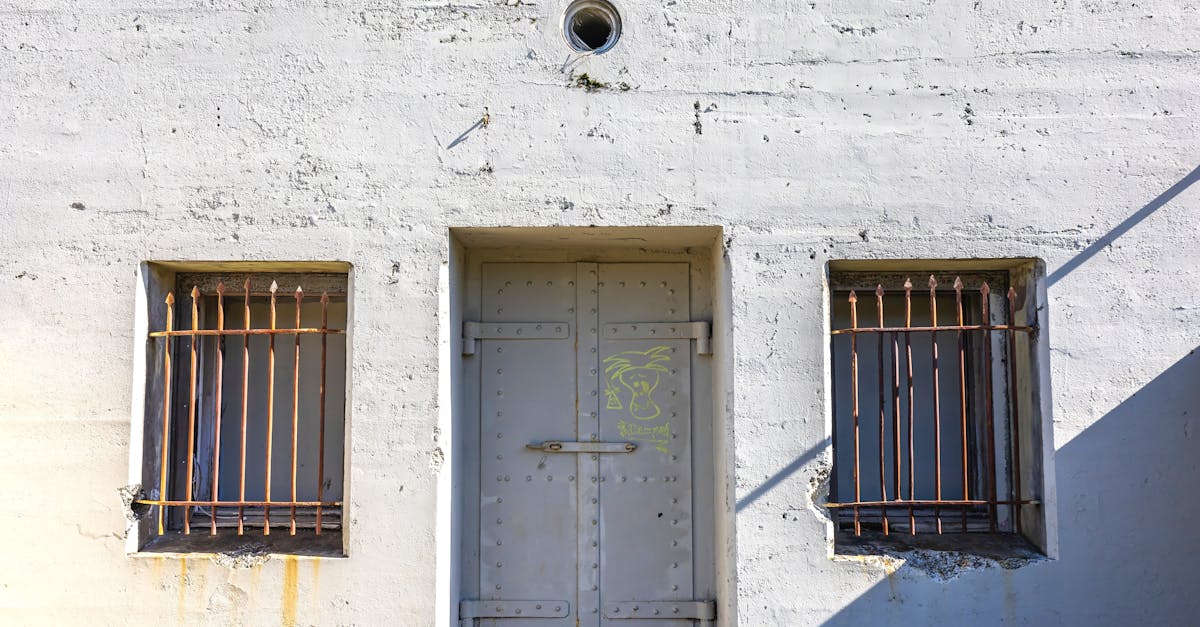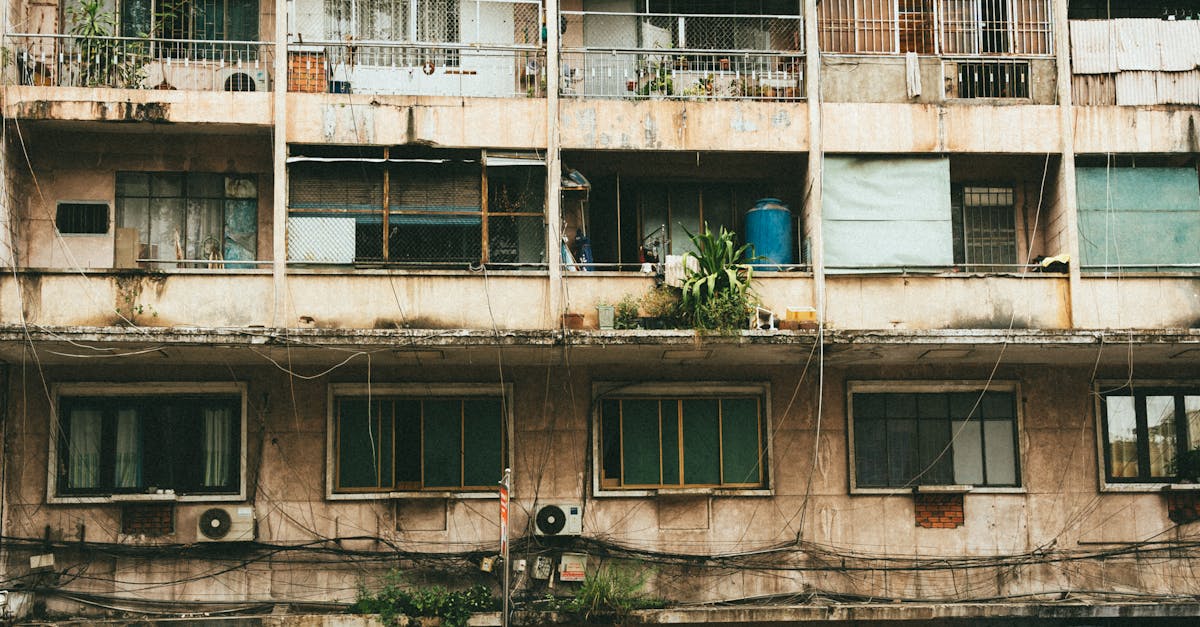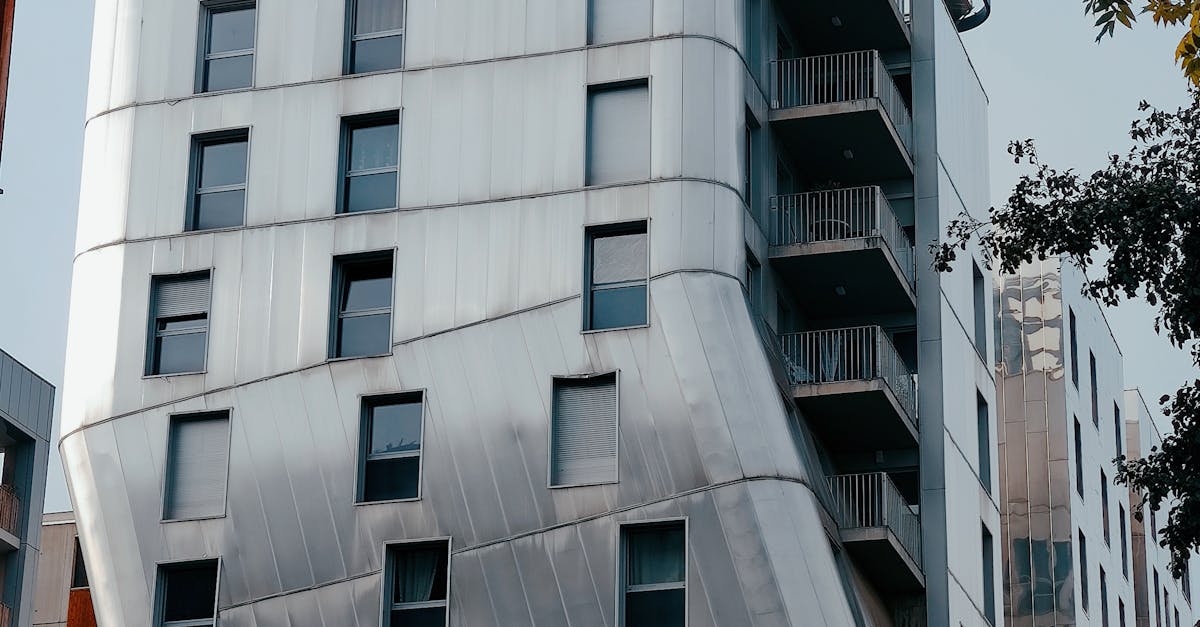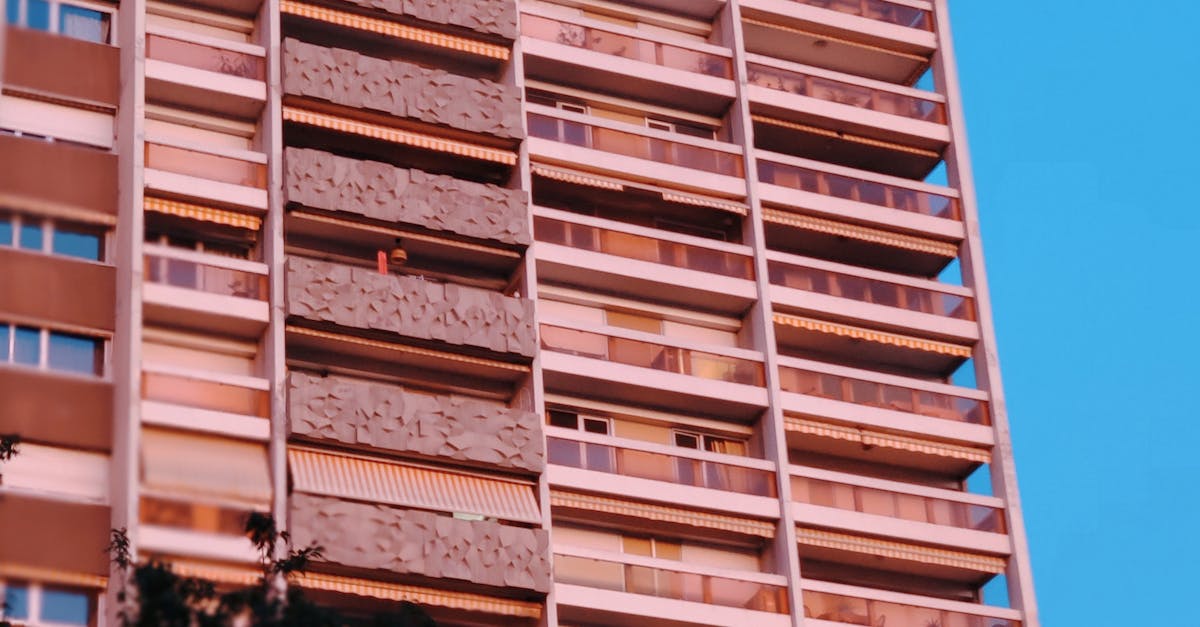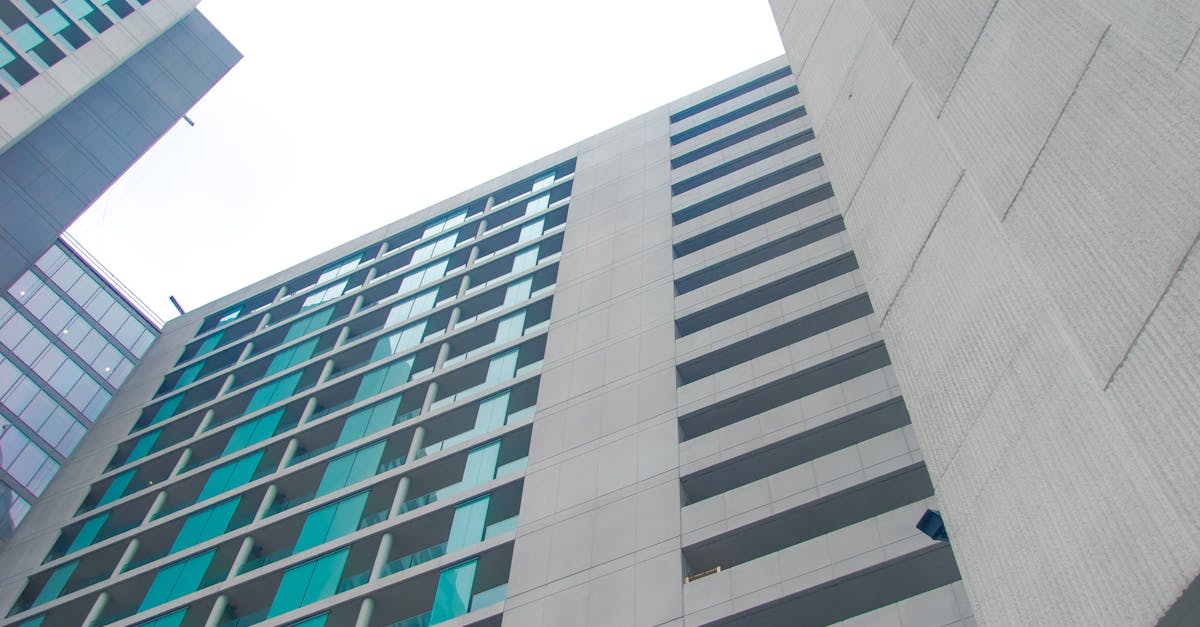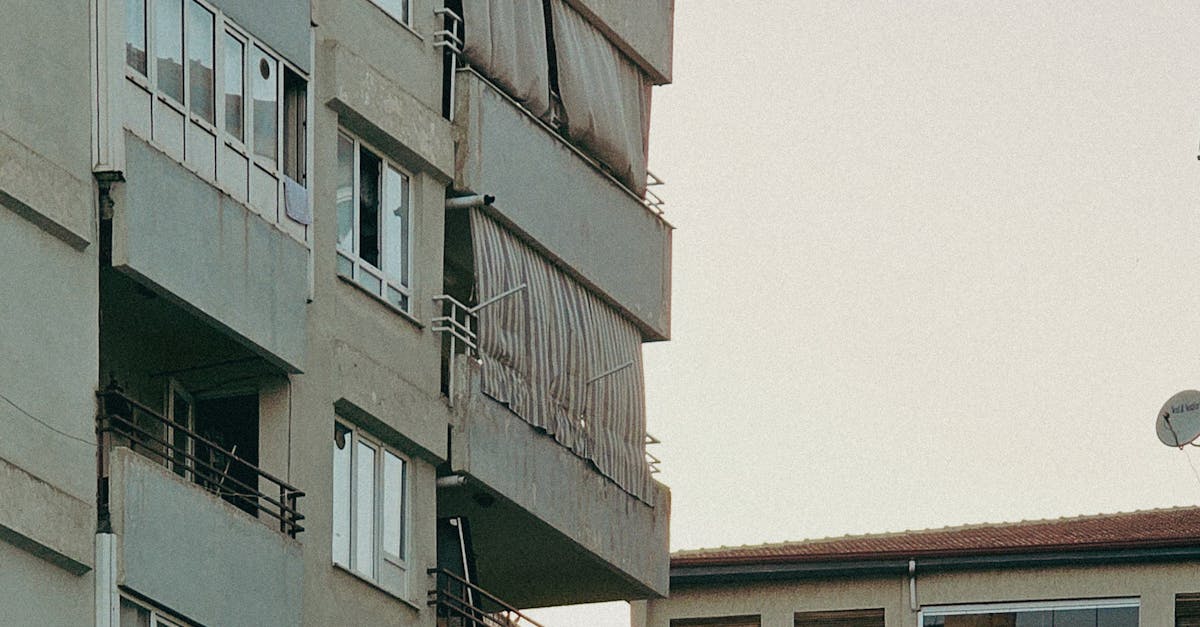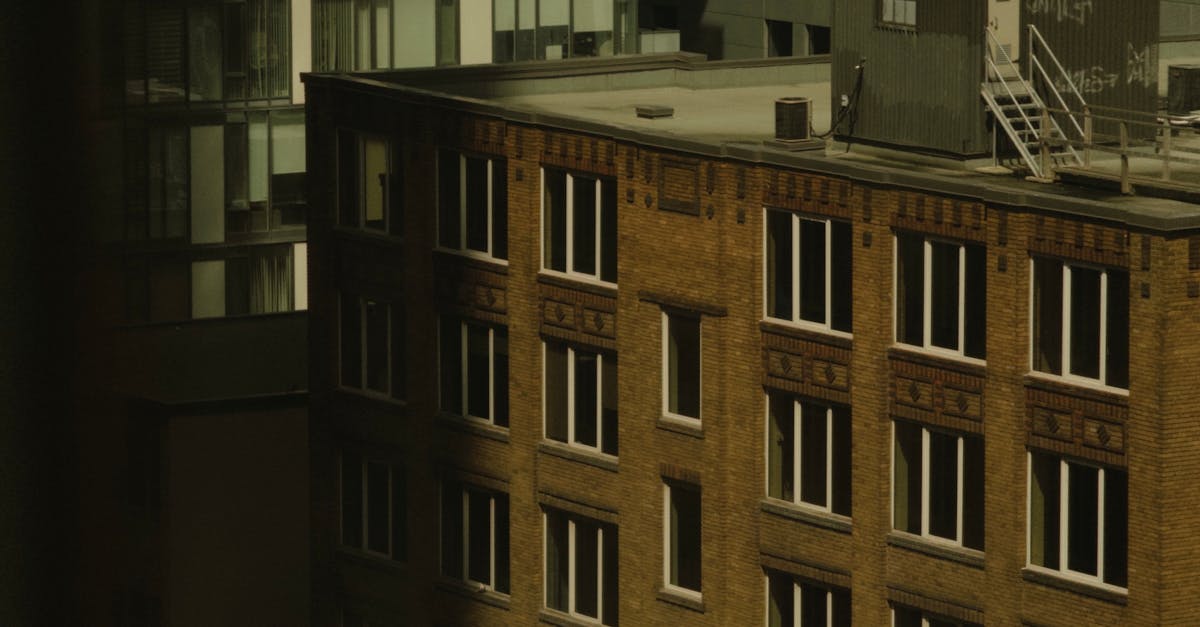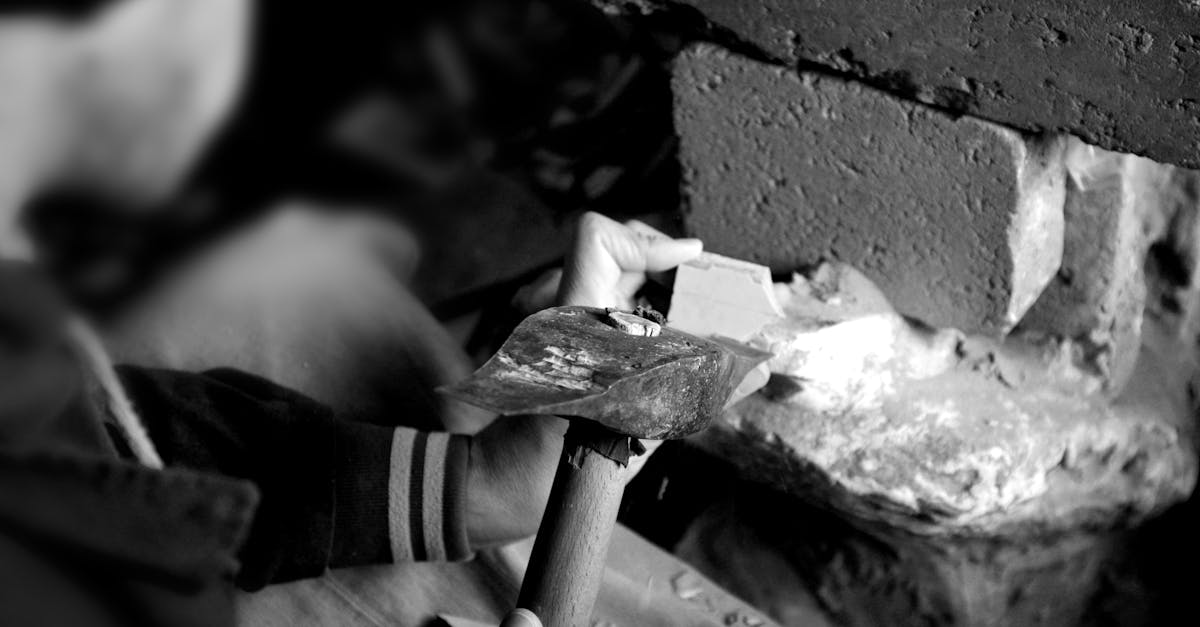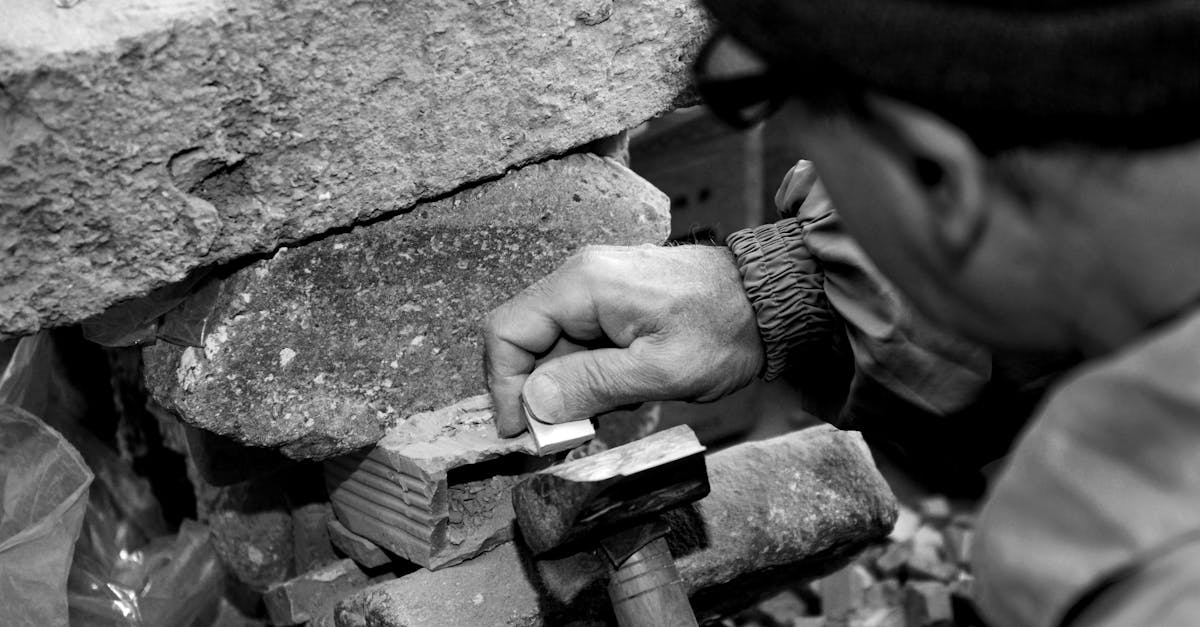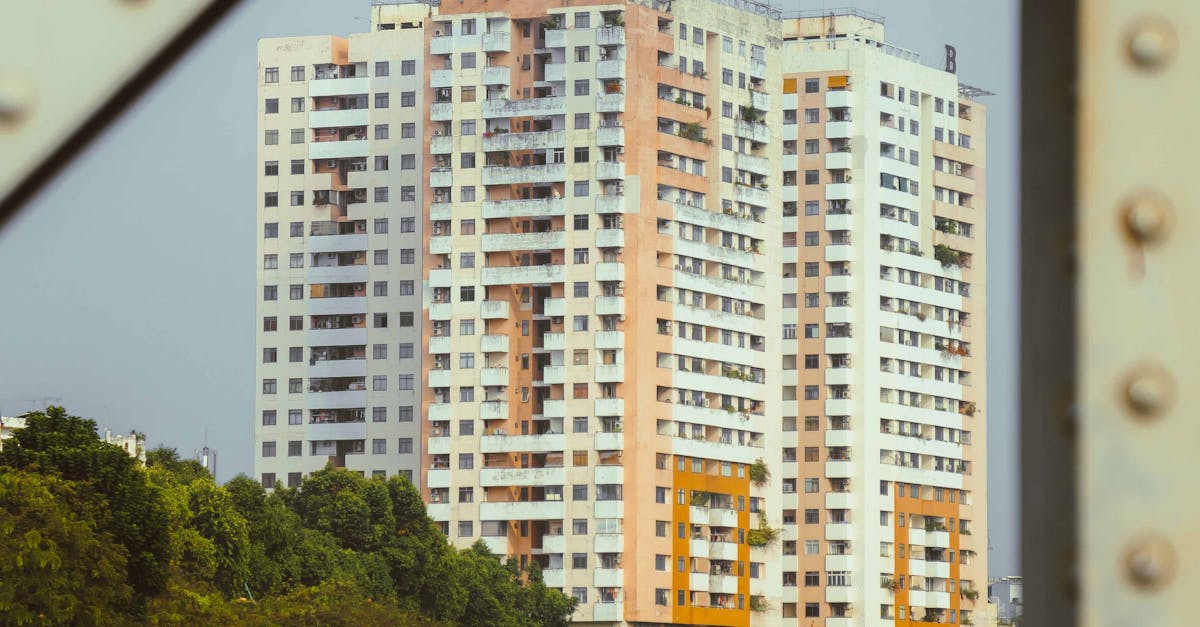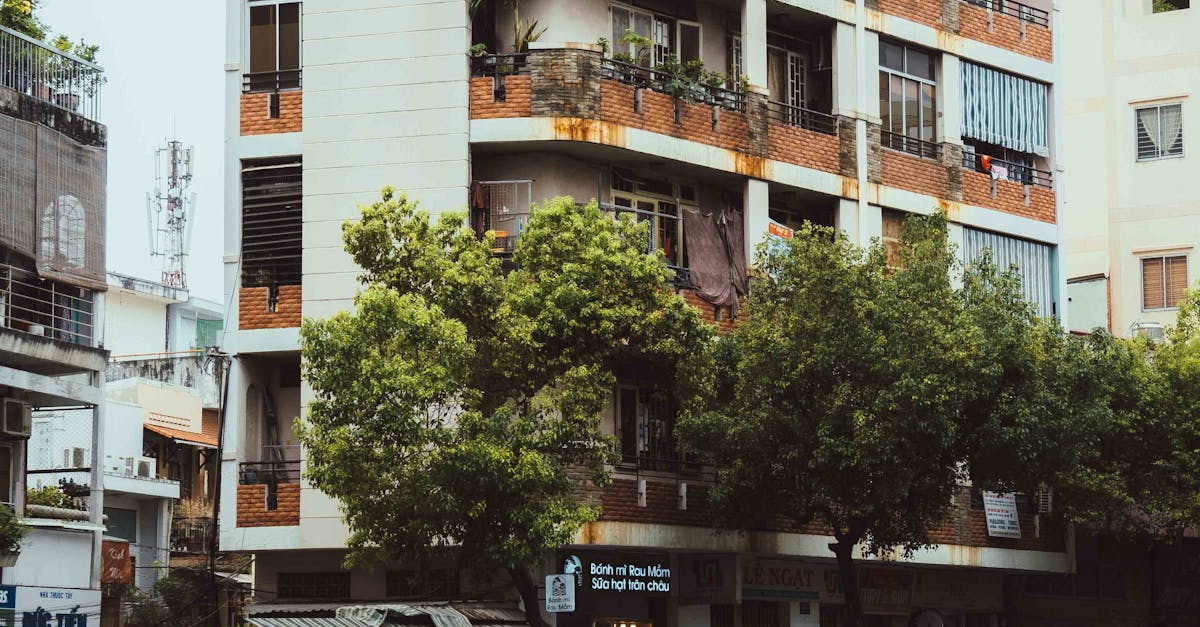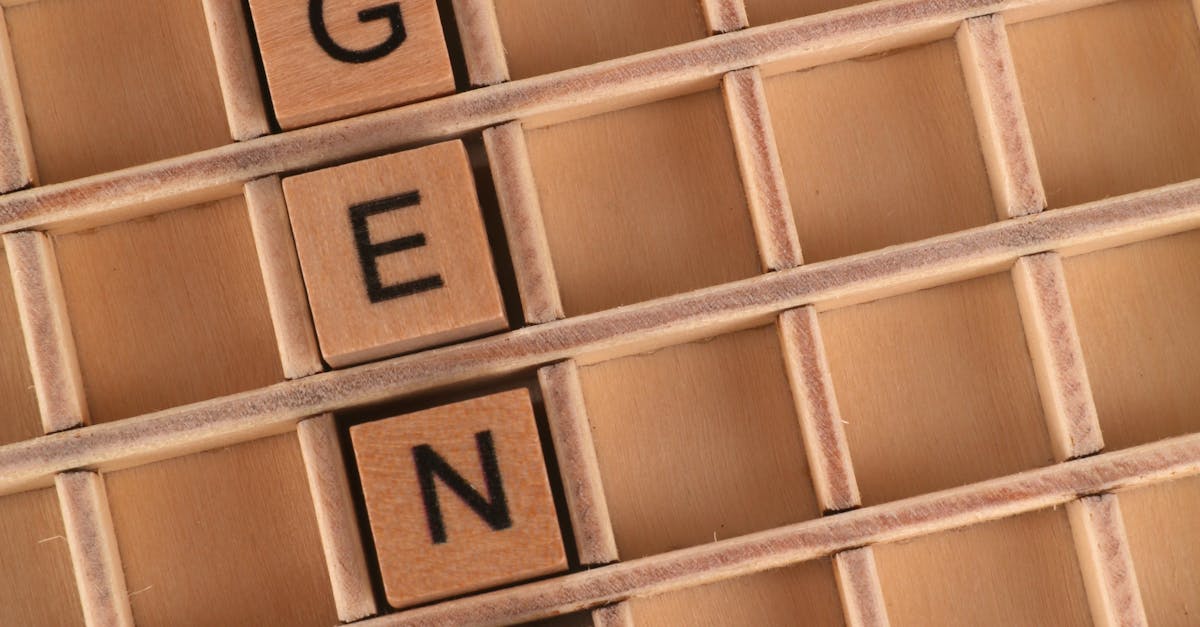
Table Of Contents
Signs You Need Immediate Assistance
Several signs indicate that you may need immediate assistance with your toilet. If you notice consistent leaking around the base or if the toilet is continuously running, these issues can quickly escalate. Strange noises emanating from the tank or bowl can also signal underlying problems. It’s crucial to address these concerns promptly to prevent further damage.
In some cases, a toilet that is frequently clogged could signify a more serious issue, like a blocked sewer line. Such situations require urgent attention to avoid inconvenience and potential health hazards. Engaging professionals for toilet installation and repair ensures that you receive the appropriate care and expertise, safeguarding your plumbing system from additional complications.
Knowing When to Call a Professional
Understanding when to seek professional help for your toilet issues can save time and money. If the toilet consistently overflows, produces unusual noises, or fails to flush properly, these could indicate underlying problems that require expert intervention. Attempting to fix these issues without the necessary expertise may lead to further complications, making it essential to recognise when a problem exceeds your DIY capabilities.
Toilet installation and repair often involve specific skills and knowledge that ensure the job is done correctly. Should you be faced with persistent leaks or a toilet that won't stop running, it's wise to consult a qualified plumber. They can accurately diagnose the problem and provide solutions that not only fix the current issue but also prevent future failures. Seeking professional assistance early can mitigate extensive damage and costly repairs down the line.
Cost Implications of Slow Repairs
Delaying toilet repairs can lead to significant cost implications over time. Small leaks may seem inconsequential at first, but they can result in substantial water wastage, driving up utility bills. Additionally, unresolved issues can escalate, requiring more extensive and expensive repairs later. Homeowners who neglect preliminary signs of trouble might find themselves facing increased expenses that could have been avoided with prompt attention.
The importance of timely toilet installation and repair cannot be overstated. Investing in regular maintenance and swift repairs protects not only the bathroom fixtures but also the overall plumbing system. While it may feel convenient to postpone minor issues, the long-term financial repercussions can be considerable, outweighing any short-term savings from delaying necessary work. Regular inspections help catch problems before they escalate, ensuring a more economical approach to home maintenance.
Impact on Water Bills
Leaking toilets can significantly inflate your water bills, as even a small drip can waste considerable amounts of water over time. The ongoing flow not only increases your monthly expenses but also raises concerns about water conservation. Quick attention to leaks can prevent these costs from accumulating, highlighting the importance of timely toilet installation and repair.
In addition to leaks, inefficient flushing mechanisms can contribute to excessive water use. An outdated or malfunctioning toilet may require more water per flush, exacerbating the issue. Regular maintenance checks can ensure that your toilet operates efficiently, ultimately keeping your water bills in check while also promoting sustainable practices.
Preventative Maintenance Tips
Regular maintenance is key to ensuring your toilet remains in good working condition. Start with simple checks, such as examining for leaks around the base and ensuring the flush handle operates smoothly. Cleaning the toilet with appropriate products can prevent the buildup of mineral deposits, which may hinder functionality. Additionally, checking the water level in the tank can help identify issues before they escalate.
Toilet installation and repair can be costly and time-consuming. Performing routine inspections and addressing minor issues promptly can save you significant expenses in the long run. Consider using a quality toilet cleaning tablet to help maintain freshness and prevent stains. Regularly inspect and replace worn parts, such as flapper valves and washers, to minimise the risk of major problems developing.
Keeping Your Toilet in Good Condition
Regular maintenance is essential for prolonging the life of your toilet and preventing potential issues. Flushing the toilet weekly and using a toilet brush to clean the bowl helps keep it hygienic. Additionally, routinely inspecting the flush mechanism and the toilet’s water supply for leaks can catch problems early. Pay attention to unusual noises or discrepancies in water levels, as these often indicate the need for immediate attention.
Toilet installation and repair can be costly and time-consuming if neglected. Taking simple steps, such as ensuring that the seals are in good condition and checking for any cracks in the porcelain, can save you from more significant expenses down the line. Avoid using harsh chemicals that can deteriorate seals and gaskets. Cleaning with gentle products keeps your toilet functional while ensuring that its components remain intact.
FAQS
How long does it usually take for a plumber to fix a toilet?
On average, a plumber can take anywhere from 30 minutes to a couple of hours to fix a toilet, depending on the complexity of the issue.
What are common toilet issues that require professional repairs?
Common issues include clogs, leaks, faulty flush mechanisms, and broken seals, all of which may require professional attention.
Can I fix my toilet myself, or should I always call a plumber?
While some minor issues like clogs can be resolved with DIY methods, it's best to call a plumber for more complex problems to avoid causing further damage.
Will calling a plumber for a toilet repair be expensive?
The cost can vary based on the issue and the plumber's rates, but it's important to consider that quicker repairs can often save you money in the long run, especially regarding water bills.
How can I prevent toilet issues from occurring in the first place?
Regular maintenance, such as checking for leaks, cleaning the toilet regularly, and avoiding flushing inappropriate items, can help keep your toilet in good condition and reduce the need for repairs.


